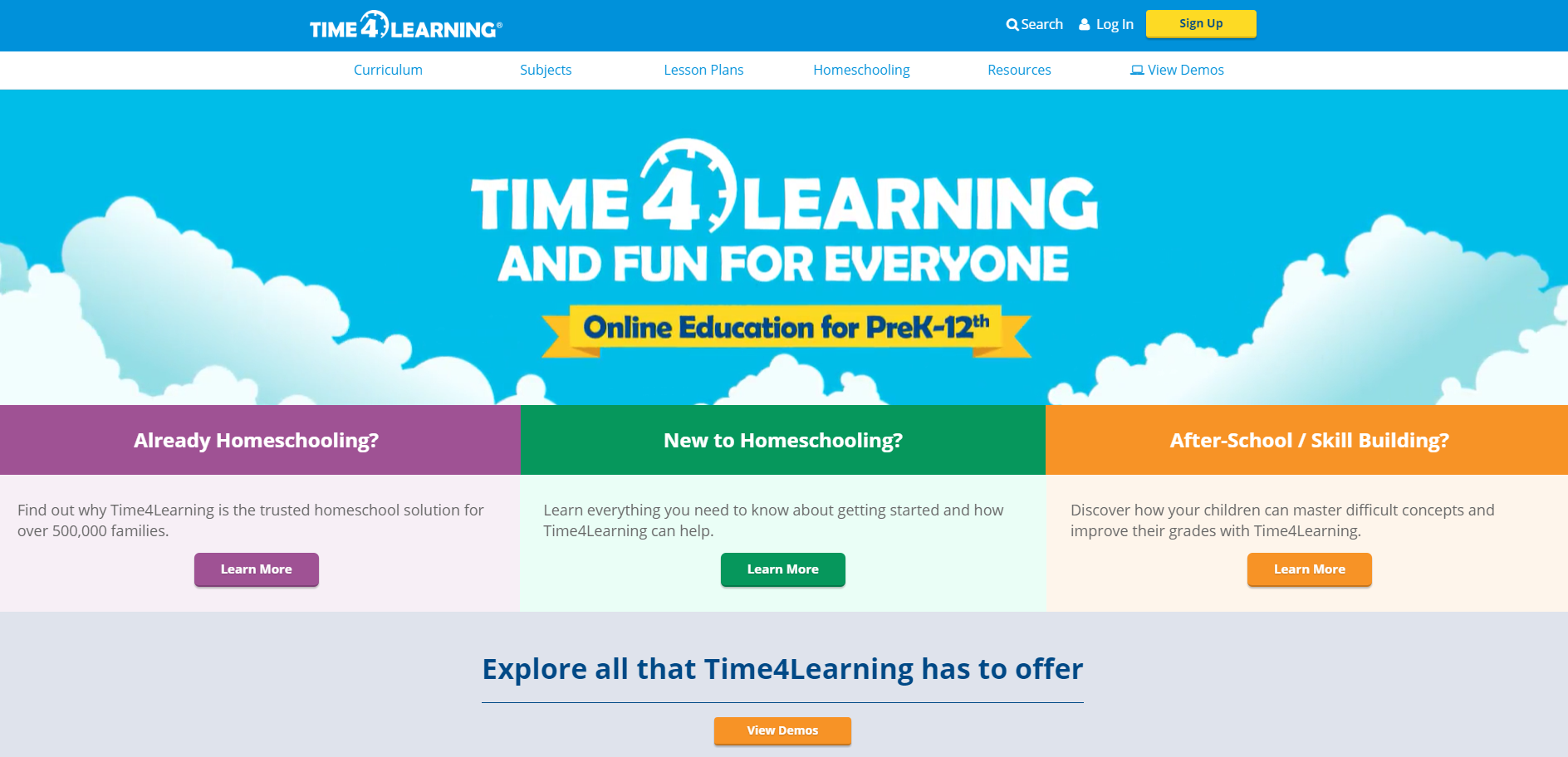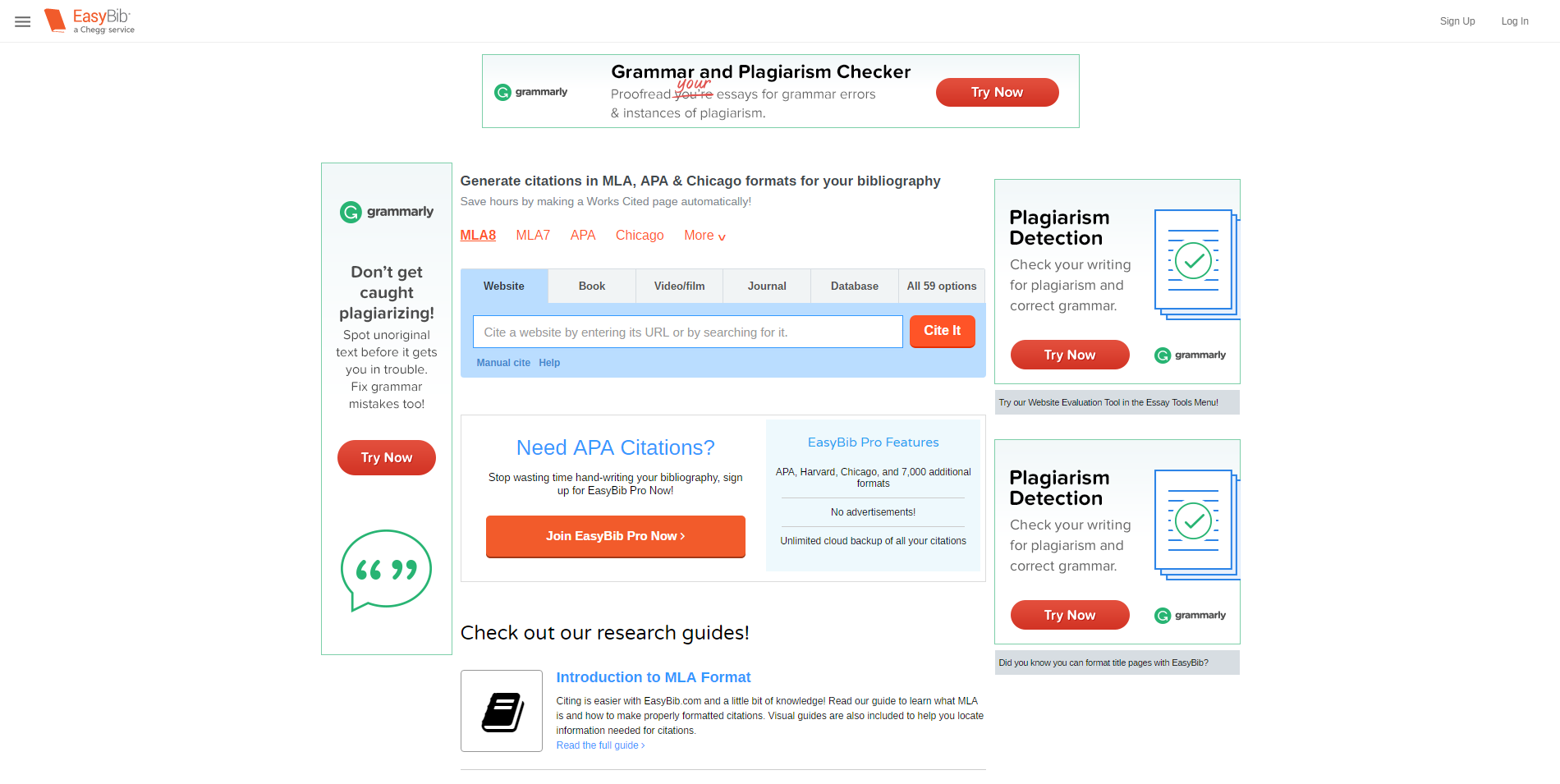Beyond a great education, school offers opportunities for learning lifelong skills like resilience, resourcefulness and independence, for both parents and students.
“There’s a lot be learned on the journey through post-secondary, but the bigger lessons on independence don’t come from a textbook,” explains Laura Plant, senior director of youth and student banking at RBC. “As both students and their parents navigate this new chapter in life, a few survival tips can help everyone earn a passing grade.”
Understand what it means to be independent.
* Parents: Don’t do it for them. Provide advice on what it means to budget, but encourage your student to manage their own finances. Don’t grocery shop for them, and if you must buy cleaning supplies, make sure they do the cleaning.
* Students: Don’t plan to ask mom and dad to bail you out. Plan ahead and stick to your budget. Make activities like cooking and cleaning fun chores to do with friends and roommates.
Take baby steps.
* Parents: It’s okay to help unpack their new room and even get them set up with supplies for the first few weeks. But don’t call every day to make sure they’re eating well and doing their homework. Set up a regular touchpoint so everyone knows what to expect.
* Students: Walk, don’t run away from home. Your parents want to hear how things are going, so stay in touch. The more details you give, the more freedom you’ll get.
Rules are meant to be broken.
* Parents: This is new for both of you, so take the time to get it right and adjust as you go. You’re allowed to call too often the first few weeks, but recognize when enough is enough. Sending care packages is a nice way to show you’re thinking of them.
* Students: You’ll get high marks on independence even if you need a little more help than you expected. It’s alright to admit you forgot to budget for cleaning supplies or transportation. Learn as you go, and take the time to be open with your parents to make it right.








